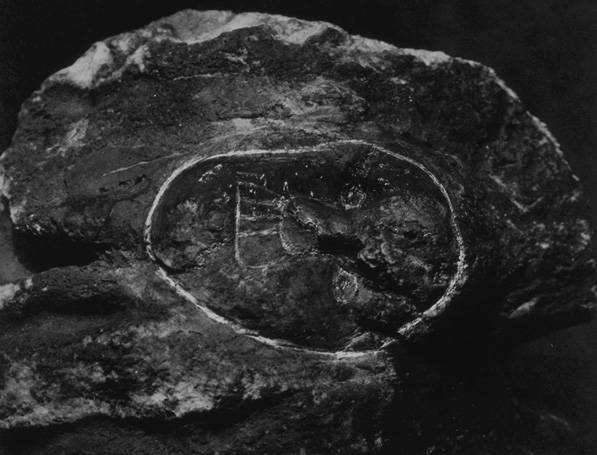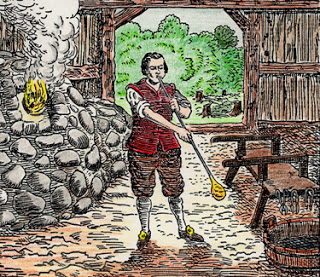Rockingham County Genealogy, Wills, Estates, Tax DigestsRockingham County was established in 1778 in Augusta County. Harrisonburg was named as the county seat. The county is named for Charles Watson-Wentworth, 2nd Marquess of Rockingham, a British statesman (1730-1782). He was Prime Minister of Great Britain twice, and a keen supporter of constitutional rights for the colonists. During his first term, repealed the Stamp Act of 1765, reducing the tax burden on the colonies. Appointed again in 1782, upon taking office, he backed the claim for the independence of the Thirteen Colonies, initiating an end to British involvement in the American Revolutionary War. However, he died after only 14 weeks in office. Rockingham County is the birthplace of Thomas Lincoln, the father of Abraham Lincoln.MiscellaneousCabell, Joseph, LWT (transcript)Tax Records1857-1863; 1865 Tax DigestsDigital images of Wills 1803 to 1806Testators: Baker, Michael | Bright, Peter | Davis, Robert | Eben, Andrew | Eversole, Jacob | Fuls, John | Fulton, Elizabeth | Harrison, Hanna | Harrison, John | Helfrey, John | Henton, John | Hord, James | Houer, Christopher | Kite, William | Kool, Philip | Lagman, Michael | Lard, James | Lipe, Peter | Mefferd, Garper | Moore, Reuben | Pence, Catherine | Rode, Anthony | Speers, George | Tuteweler, Leonard | Williamson, Thomas | Wilmer, JacobTraced genealogies and family histories of Rockingham County are available to Members!
|
The Delaware in the Melrose Mountains
The Face of a Delaware Indian (drawn by a white man) appears on a rock discovered in Melrose Taverns in Harrisonburg, Virginia ca 1939. Although historically, the tribe is known for living along the Delaware River in lower New York State and Eastern New Jersey, apparently the Delaware Indians were also native to the Melrose Mountains of Virginia. The Delaware Tribe, sometimes called Eastern Delaware, which is now based in Bartlesville, Oklahoma, is one of three federally recognized tribes of Delaware Indians in the United States as well as the Delaware Nation based in Anadarko, Oklahoma, and the Stockbridge-Munsee Community of Wisconsin. Also, other Lenape or Delaware people live in Canada. Actually, this Nation was the first to sign a treaty with the United States in September of 1778, however, were forced to cede their lands in the East. Later, the ancestors of the Delaware Nation followed a migration route that led them to Ontario, Canada. They spoke the Algonquian language and refer to themselves as Lenni Lenape.


Polish Glassmakers
When the London Company sent the first settlers to the Virginia colony, they thought that the abundance of trees necessary to fire pits and to make glass was an advantage. As early as 1608, when a number of tradesmen arrived on the second supply ship, they were accompanied by Dutch and Poles. Their purpose was to make a trial of glass-making. Subsequently, a glass house was erected about a mile from Jamestown. Capt. Smith supervised the operation and sent a cargo of specimens of glass to England. In 1621, the Virginia Company of London entered into a contract with Captain William Norton who had decided to emigrate with his family. The terms were that he was to carry over with him four skilled Italian glass-makers and two servants. The expense of transporting six persons was to be borne by Norton. As a reward, he was to receive one-fifth of the moiety of the product reserved for the Company and was to be allowed four acres of public land.
He had to agree not to retain any beads to exchange in trade with the local Indians. This contract was later reconsidered at a Quarter Court and decided that the Company was in no condition to undergo the heavy charge of supplying eleven persons with apparel, tools, victuals, and other necessities. They decided to resolve the matter by granting 50 acres of land for every person sent over by private adventurers. Captain Norton succeeded in erecting a glass furnace but unfortunately died. Treasurer Sandys was appointed to take his place, and found it difficult to obtain the proper amount of sand, so sent a shallop to the Falls for a supply. However, nothing adaptable was found. But Sandys had a poor relationship with the Italian workmen. Sandys, in the violence of his anger and disgust, said “that a more damned crew hell never vomited.” The Italians, anxious to return to Europe, deliberately worked slowly, and cracked the furnace as well by striking it with a crowbar. Source: Works of Capt. John Smith, p. 441; Muster of the Inhabitants of Virginia, 1624-5; Hotten’s Original List of Emigrants, 1600-1700, p. 235.
